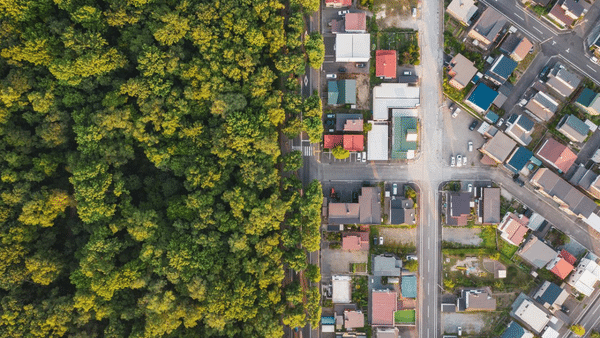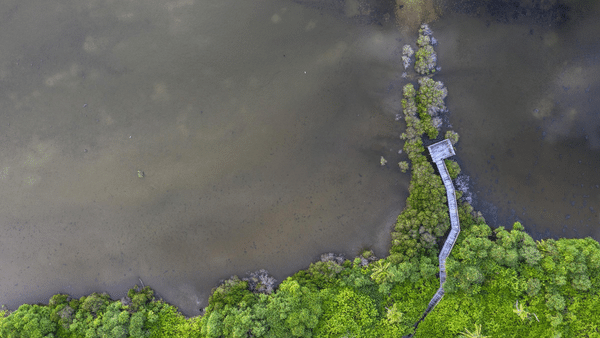Early on a January afternoon several years ago, I set out with some friends for an ill-advised walk up Scafell Pike in the Lake District. The weather was cold, with snow on the ground. To say we weren’t well equipped is an understatement (as I recall, one of our party was wearing brogues!) but it was clear and sunny, we could see where we were going and a couple of us were determined the make the peak.
As we neared our goal the temperature suddenly fell. In moments, as it felt to us, the snow we had been crunching through turned to ice. The fear hit us all at the same moment.
We were crossing a slope between two ridges, maybe 30 metres wide and deep with, as far as we could see, a sheer drop at its lower edge. The path was indistinct because of the snow and until this moment we had been happy to scramble along in the right direction. Then someone slipped. Instead of being able to dig in his heels or get purchase by falling to the ground he started to slide, and slide, on the hard smooth surface of the frozen snow. He fell more than half way to the edge of the slope before he managed to grab something. At that moment we all realised we were no longer in charge.
For the next hour (which felt like five), as the evening gloom started to gather, we inched out way back. Instead of the carefree banter that had accompanied us up there was concentration, warning, continuous words of encouragement as we each in turn took on the most difficult sections of the return route. Everything finished OK but I suspect none of us will forget the experience.
I was reminded of it once again listening to the truly tragic and terrifying stories coming out of the fires in South East Australia. It is the tone of incredulity and panic in people’s voices when they find themselves the powerless victims of nature. Some of the fires may have been started by arsonists, but it is the extreme way that fire moves as wind sweeps across a parched but vegetated landscape that has caused the catastrophe.
In many ways modern Australia is a testament to man’s ability to tame nature. But in recent years nature has been biting back - along with the drought and fires in the south there is severe flooding in the north. In many parts of the world people live with the vicissitudes of the weather and the constant threat it poses to life and livelihood. But, like it or not, it is more shocking to us when nature is so fierce in rich developed nations.
The whole future of our planet rests on the insight that ultimately we are as much the servants of nature as its master. But most people in the rich world lack any experiential reference point for such humility. This is why I have to go back fifteen years to a minor scare on a mountain to have any empathy with the moment, for example, a terrified family realises the fire is travelling faster than their car. I can’t find the exact quote but Flaubert once said something like ‘natural disasters remind the bourgeoisie that nature isn’t just there to ripen its vegetables’.
There is nothing practical we can do to help the people of Victoria right now. But when we listen to their experiences we should reflect on how we take for granted that the biggest challenge we face from the sky is a few centimetres of snow, and how one day, unless we change course, that could all change.
Related articles
-
Design for Life: six perspectives towards a life-centric mindset
Joanna Choukeir Roberta Iley
Joanna Choukeir and Roberta Iley present the six Design for Life perspectives that define the life-centric approach to our mission-led work.
-
Recognising reciprocity
Al Mathers
Al Mathers, former RSA Director of Research and Learning, explores the importance of introducing reciprocity into the work of social change organisations like the RSA.
-
Climate justice: beyond the boundary
Adanna Shallowe
Do the commitments made at COP27 go far enough in protecting and regenerating our climate? The RSA's Senior Global Manager, Adanna Shallowe, shares her thoughts.




Be the first to write a comment
Comments
Please login to post a comment or reply
Don't have an account? Click here to register.